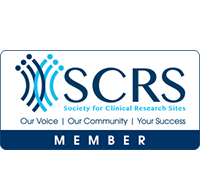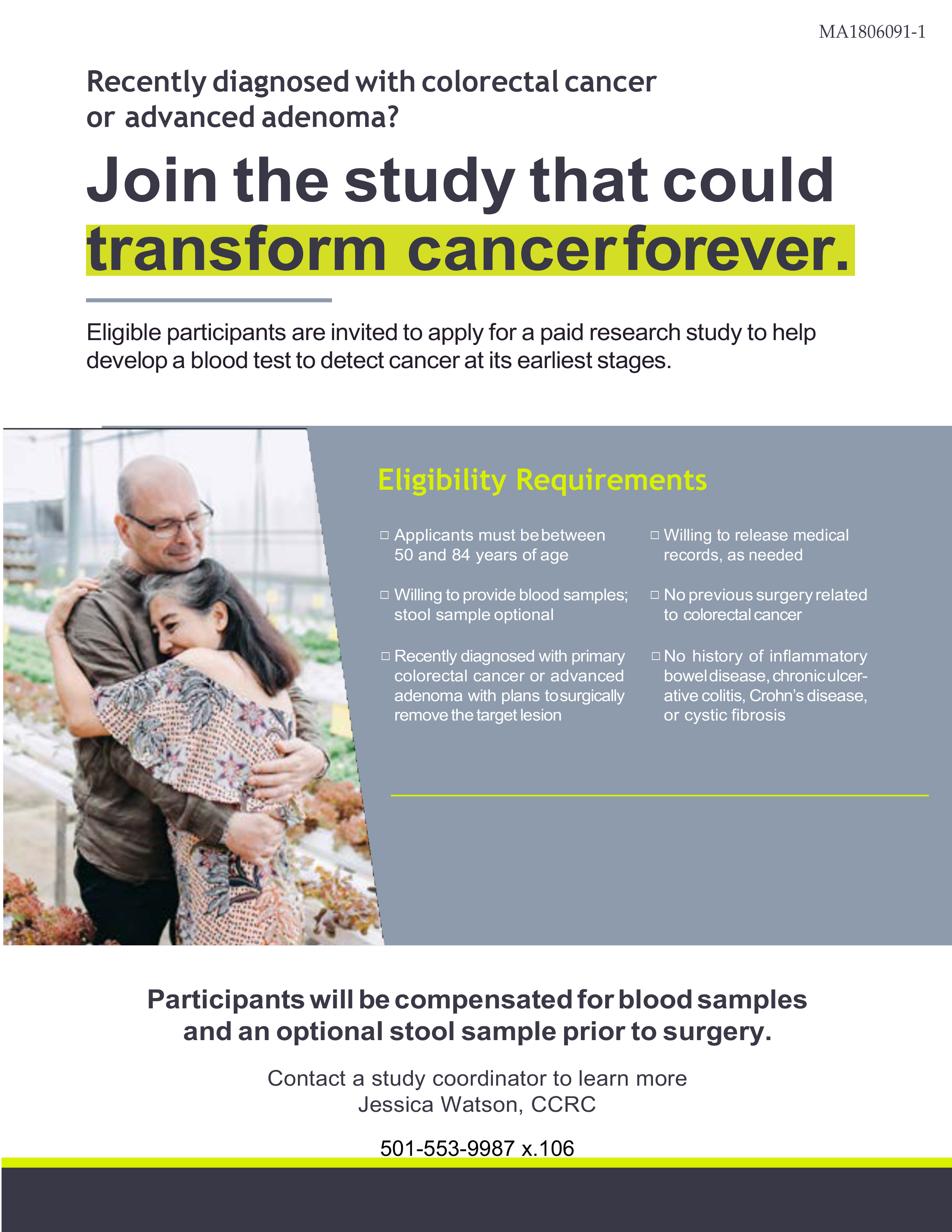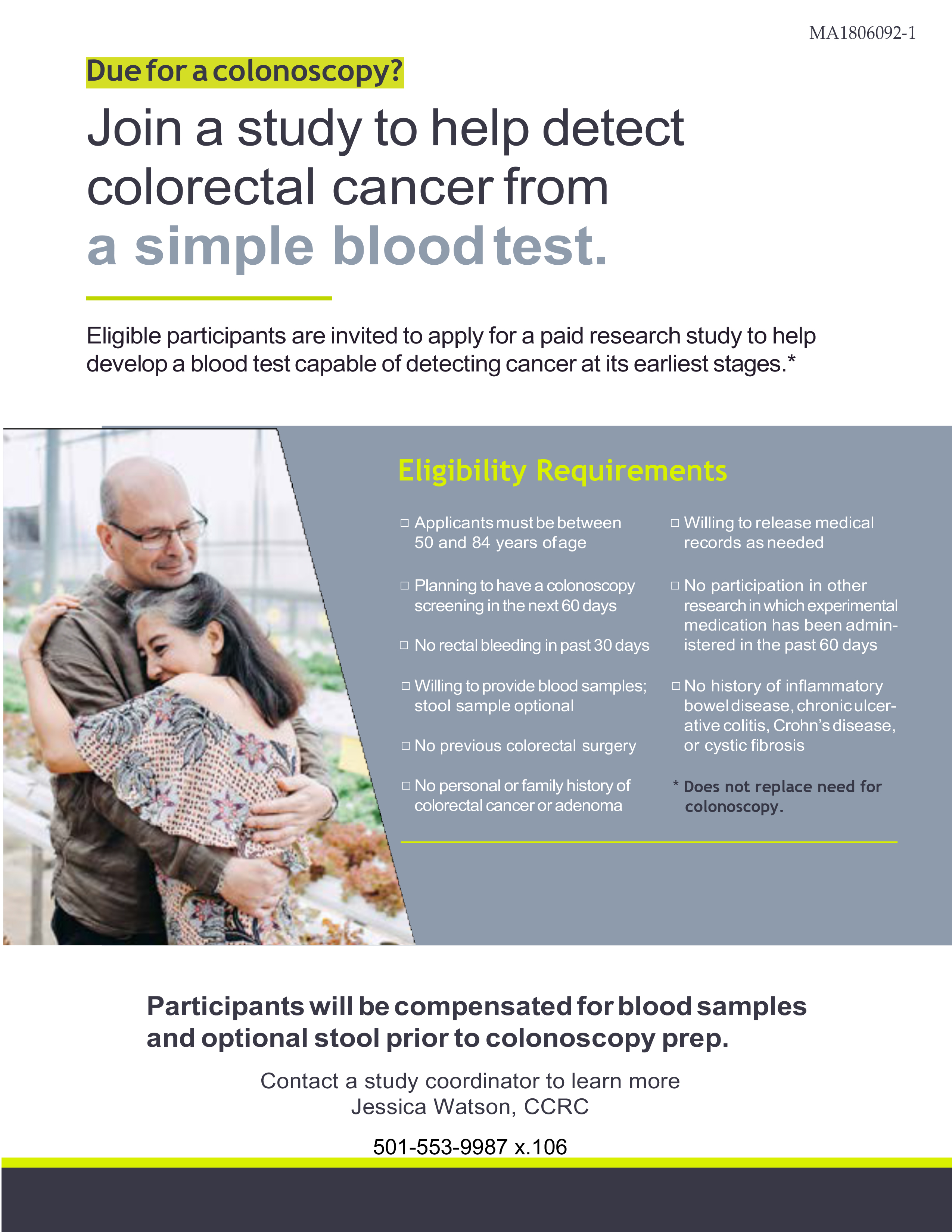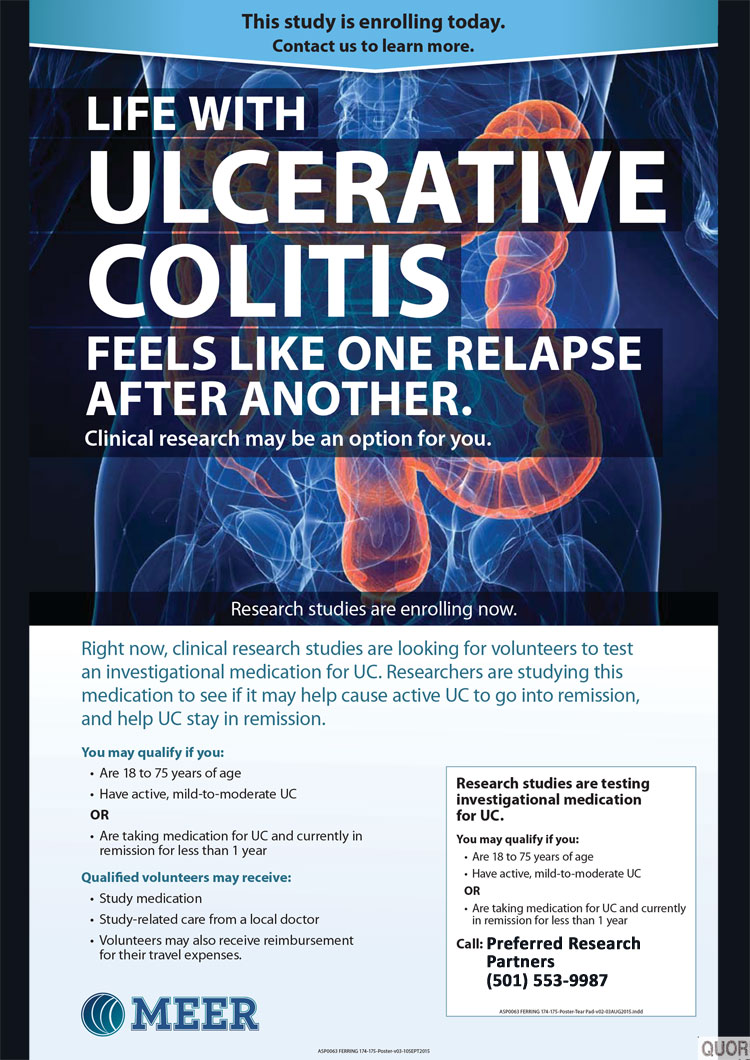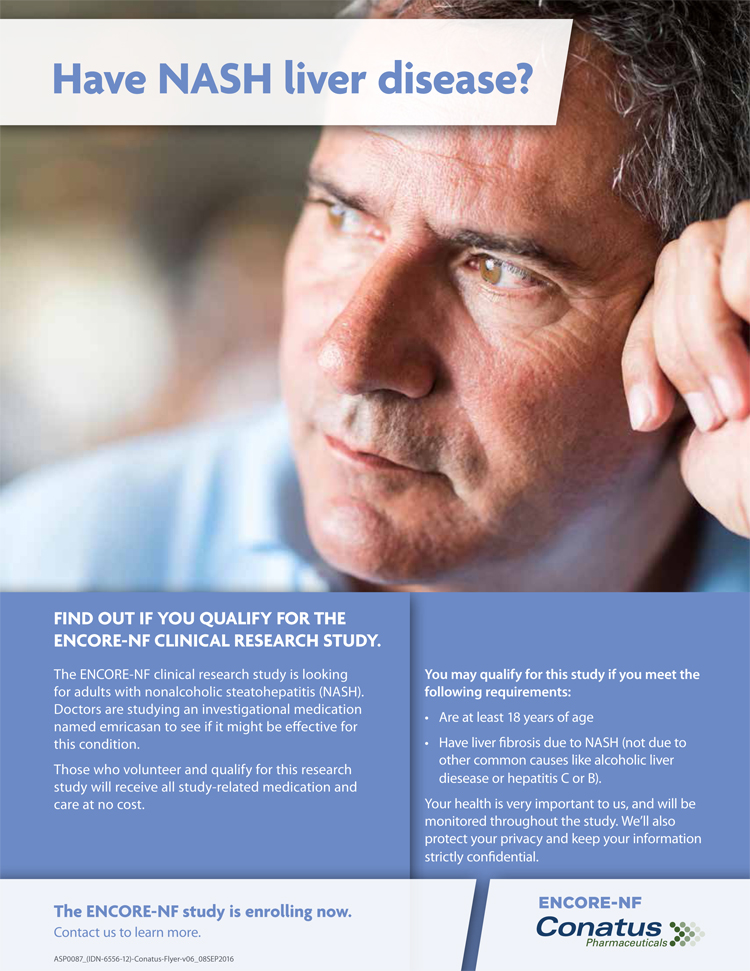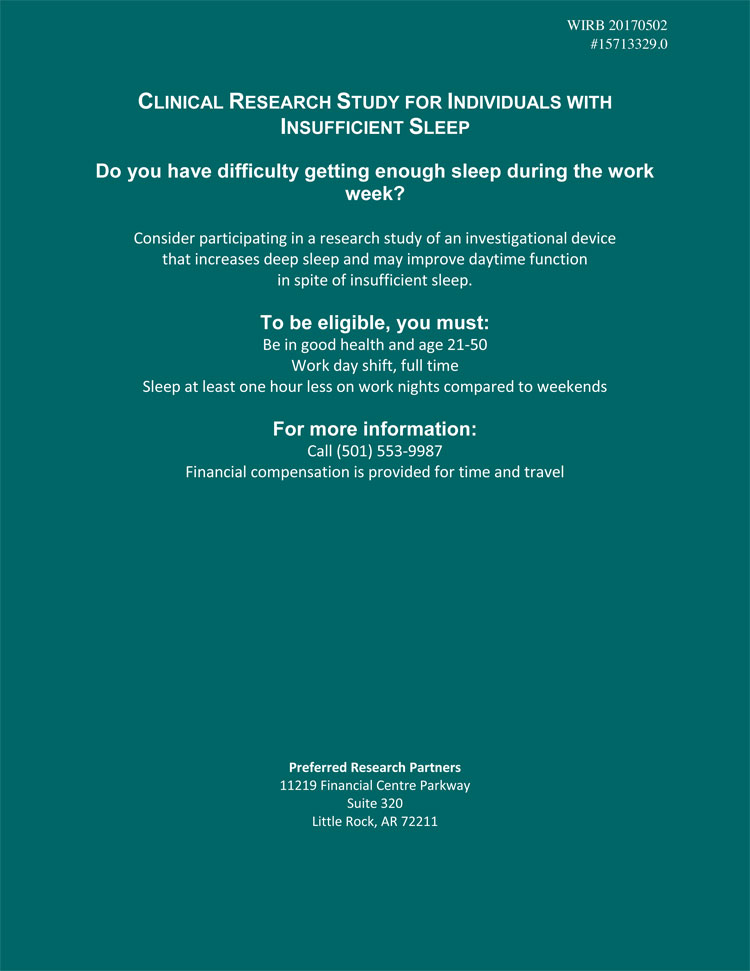It is not uncommon to experience symptoms of constipation, bloating, uncomfortable fullness, or abdominal pain after a large meal. However, when these symptoms persist or arise frequently enough to hinder life’s daily activities, they should not be ignored or brushed aside. Many digestive diseases have similar symptoms, making it difficult for patients to differentiate and often hard to diagnose for doctors. If you are experiencing symptoms related to digestion and have reason to believe that you may have a digestive disease, it is important to take proper inventory of your symptoms, keep a food diary of what you are eating, and consult with a doctor for guidance. Preferred Research Partners is currently enrolling patients for a number of digestive conditions – read on to learn more about these diseases.
IBS
Irritable bowel syndrome, or IBS, is a functional gastrointestinal disorder that affects the large intestine and can cause great discomfort. Symptoms of IBS include cramping, abdominal pain, bloating, gas, and diarrhea. Unfortunately, the cause of IBS is unknown, but stress in early life, nervous system abnormalities, and weak intestinal contractions seem to play a role in the condition. Certain foods can exacerbate systems of the syndrome for certain people, which is why it is important to keep a food journal to better identify what foods tend to cause flare-ups.
GERD
Gastroesophageal reflux disease, more commonly referred to as GERD, is characterized by regular acid reflux. When an individual is living with GERD, the contents of the stomach move up into the esophagus, causing a burning sensation in the neck and chest, or heartburn. GERD may also cause a sour or bitter taste at the back of the throat. Anyone can develop GERD at any age, and some dietary triggers of the disease include spicy or citrusy foods and foods high in fat. GERD can be diagnosed with an endoscopy, or a procedure to evaluate the esophagus.
Gastroparesis
Gastroparesis is a rare digestive disorder that occurs when the stomach empties at a delayed pace. Some symptoms of gastroparesis include nausea, vomiting, reflux, constipation, heartburn, and feeling full without eating a full meal. The cause of gastroparesis is not always known, but nervous system abnormalities may play a role, like IBS. An endoscopy to evaluate the upper gastrointestinal tract may be performed to determine if an individual has gastroparesis – the same procedure often used to diagnose GERD.
As you can see, digestive diseases can be complicated to accurately identify due to the overlap in symptoms. These conditions can lead to great discomfort that impacts day to day life and should not be ignored. To increase your chances of a proper diagnosis and treatment plan, it is important to listen to your body, document the symptoms you are experiencing, and have honest conversations with your physician.
If you or someone you know has been diagnosed with IBS-D, GERD, or gastroparesis, consider a clinical trial with Preferred Research Partners in Little Rock, Arkansas. You may be eligible for treatment at no cost to you and contribute to the advancement of medical research.



